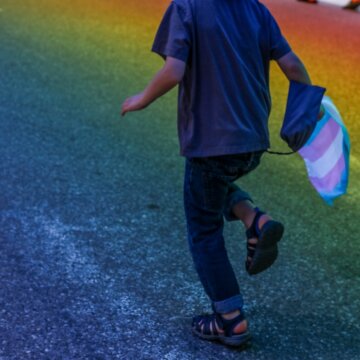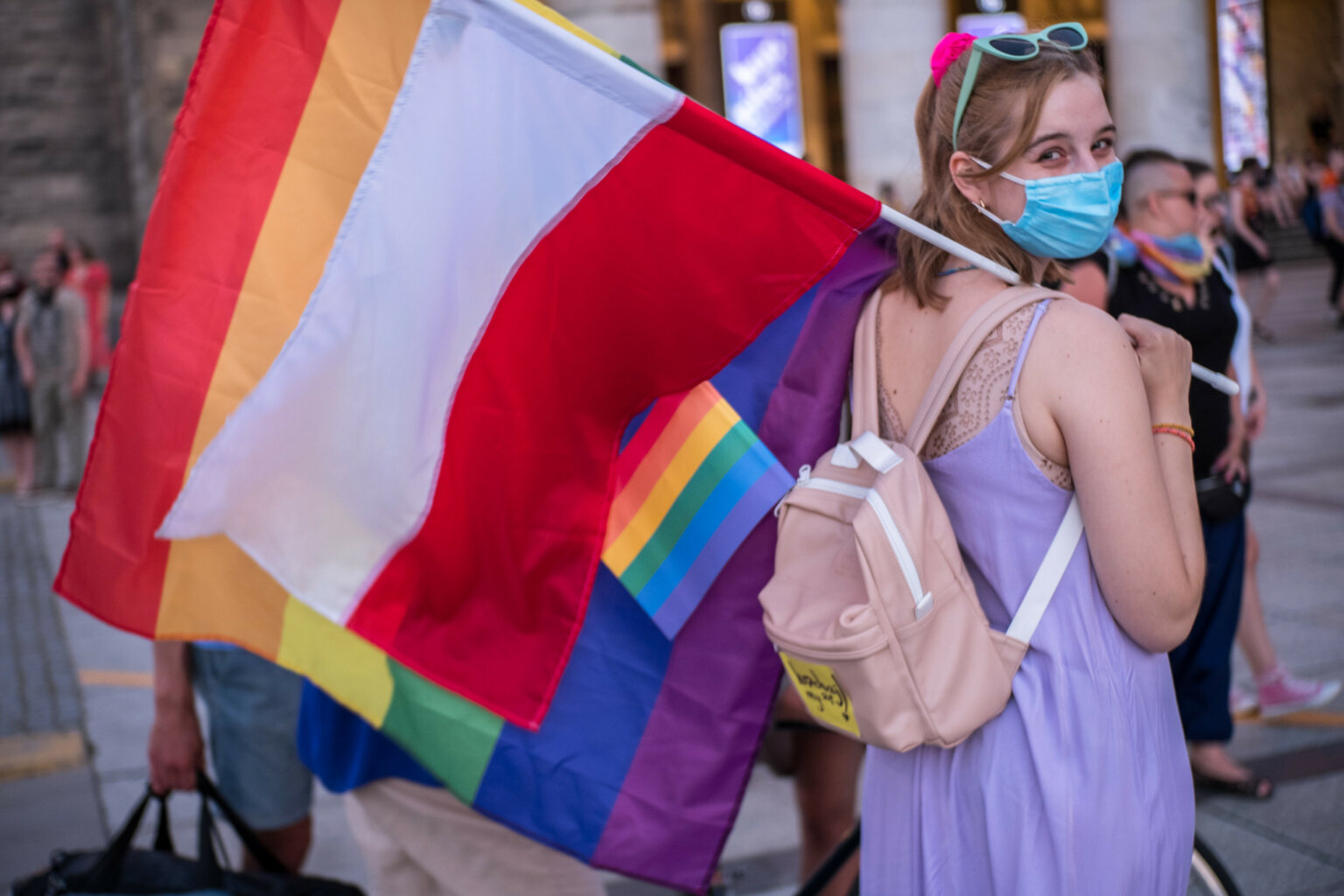- About
- Topics
- Picks
- Audio
- Story
- In-Depth
- Opinion
- News
- Donate
- Signup for our newsletterOur Editors' Best Picks.Send
Read, Debate: Engage.
| topic: | LGBT Rights |
|---|---|
| located: | Croatia |
| editor: | Katarina Panić |
Croatia adopted a new law on foster care last month. However, the government, led by the long-ruling centre-right Croatian Democratic Union, HDZ, did not include same-sex couples in the legislation. The left-wing opposition, human rights activists and the LGBTQ community announced they would demand an assessment of the new act’s constitutionality.
The government refused to explicitly state same-sex families as potential fosters, justifying that they are covered by the general regulation, which states that "all persons are enabled to participate in the public foster care service under equal conditions," which, according to them, includes gay parents, too. They claim it was therefore not necessary to separately emphasise the group in the new legislation.
"By the decision and ruling of the Constitutional Court, but also the current actions of social welfare centres on requests for foster care, life partners have the opportunity to engage in foster care," the Ministry of Labour, Pension System, Family and Social Policy explained.
In other words, the government says the right of gay people to foster children was implied. However, the gay community doubts their good intentions. Eight years ago, Croatia passed the Life Partnership Act giving same-sex marriages the same rights as heterosexual ones - except for the right to adopt children.
Currently, gay couples struggle with long-lasting legal battles to adopt or foster children. In reality, the rights of same-sex couples are far from being self-evident, and the government is far from being supportive of the LGBTQ community. On the contrary: it appeals against court judgments in their favour - hypocrisy at its best.
"The HDZ has not changed, and it is not changing, and we cannot expect this government to pursue more progressive policies, no matter how progressive and pro-European they pretend to be. It indulges the rightists and church," Daniel Martinović from Zagreb-based NGO Rainbow Families told local media.
The activists remind lawmakers that the European Court of Justice ruled in December that if one country acknowledges a parental relationship with a child, then every member state should do the same to guarantee the child's right to free movement. Croatia is the youngest EU member state and should follow, not resist, the rules made within the bloc. Instead, it reveals relapses of the homophobic society it used to be and plays on the card of populism.
Photo by Mercedes Mehling

